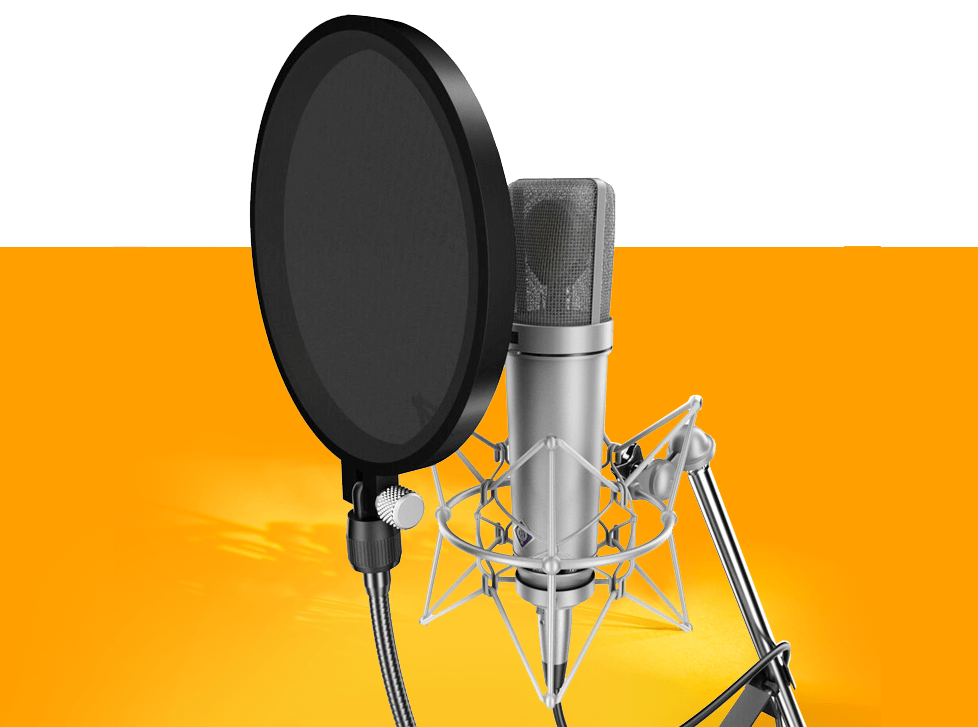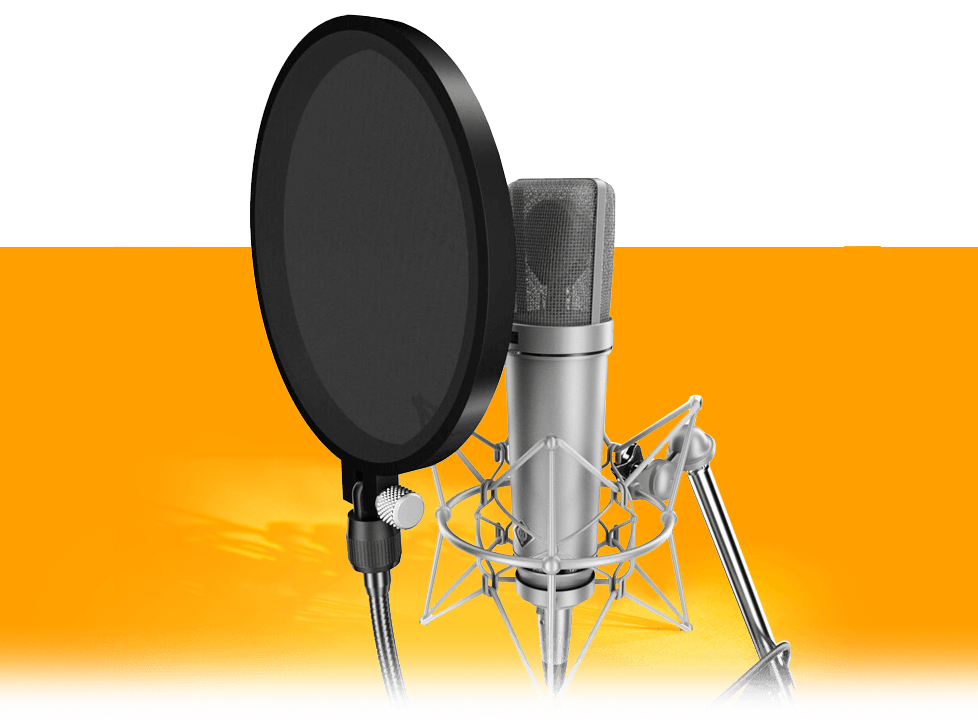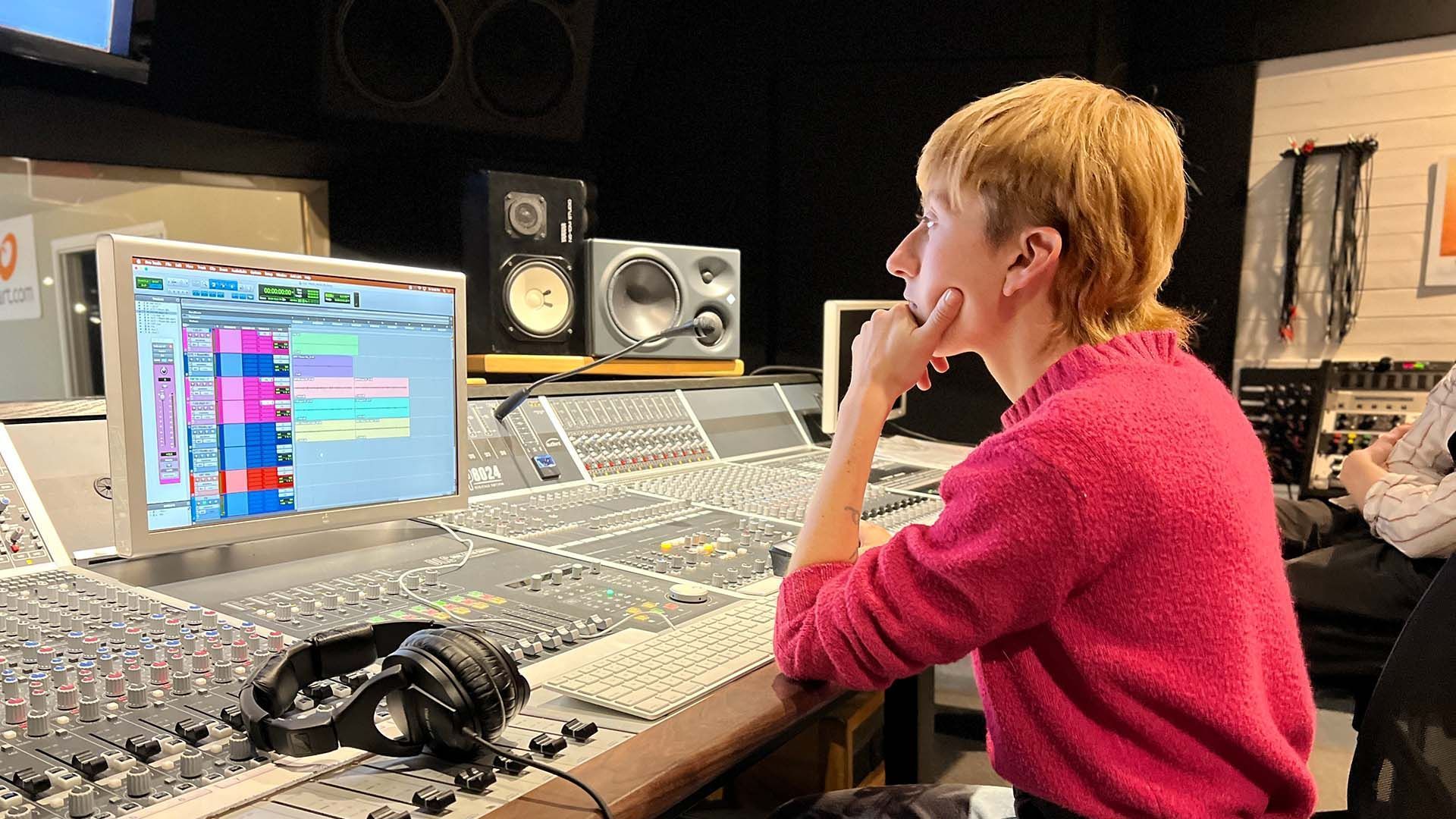5 Ways to Improve Your Music Production Skills in 2023
Jeremy Alves | Aug 21, 2023
Music production is a never-ending process of learning and growth. You’ll be able to start making music after completing a course or after a year or two of learning on your own, but there’s always more to explore.
One of the appeals of this career is the unique blend of creativity and technical aptitude. Both of those elements of music engineering and production can be strengthened throughout your career. You’ll undoubtedly find your ideal workflow and likely develop a signature sound, but at the same time, you’ll always have more areas to dive into to deepen your knowledge.
It’s common and expected for producers to reach several plateaus throughout their careers. It’s crucial to push past these plateaus by striving to improve your technical and creative skills to become a better producer.
So let’s explore a few ways you can improve your music production skills, whether you’re just starting out or already have some experience under your belt.
1. Learn Music Theory and Applications
One of the best things you can do to become a music producer is learn the fundamentals of music theory and how to apply it in your tracks. It’s entirely too common for producers to view music theory as either overly complex or unnecessary — both of which are false.
The basics of music theory help you craft chords, melodies, basslines, and compose the final product in a way that will sound pleasing at a fundamental level. You’ll keep everything in the right key and complementary rather than being scattered.
Without understanding music theory, you may end up with tracks that seem like they should sound great, but there’s something off about them you can't quite put your finger on.
The Circle of Fifths, for example, is a perfect blend of theory and application. It’s a relatively straightforward tool designed to help you understand what notes sound great together, which is applicable for every element of your track.
Additionally, you’ll struggle to work with vocalists without being able to keep your compositions in the same key as the vocalists. Understanding the basics of keys and scales helps make sure everything works well together.
2. Seek Out and Embrace Criticism
Criticism is one of the best ways to improve your production and engineering skills. Other people, even if they’re not experts, can reflect both the creativity and engineering aspects of your final tracks.
For example, most people will be able to tell you if the quality of your song is subpar, even if they can’t explain why. Poor mixing and mastering stand out and greatly impact the end result, even if the melody, chords, and bassline are all well-made.
However, seeking out feedback from professionals and experts will likely be much more helpful. They can give you similar feedback as an untrained listener but then go beyond it and tell you how to improve. For instance, they might say your kick is being drowned out by your bassline and then tell you to dive into sidechaining.
Additionally, try to avoid soliciting feedback from friends and family, who will mostly like to be positive. You can certainly share your tracks with them, but it’s unlikely you’ll get constructive or actionable feedback from them.
3. Break Your Routine and Keep Experimenting
It’s easy to fall into a routine once you start producing, including the technical skills you use and other aspects, such as how you construct your chords or drum patterns. It’s understandable; if you try something and end up liking the results, you’ll probably do it again.
However, you can end up turning production into a formulaic and repetitive practice — which means you’ll inevitably reach a plateau. So intentionally avoiding the things you usually do helps make sure you keep getting better.
Let’s run through a few ways you can break out of your routine to help keep enhancing your skills:
- Avoid tools you typically use: An easy way to get out of your routine is to start a new track and make a conscious decision not to use one or more of the VSTs you typically choose. For instance, avoid using Ozone to master the track and try to replicate the results with other tools.
- Watch tutorials: Plenty of self-taught producers rely on YouTube tutorials to learn the basics and then move on to more advanced skills. You can find seemingly endless tutorials for all common DAWs and specific genres. Even if you already have a ton of experience, check out a new tutorial to see another producer in action — you’ll almost certainly learn something new to help you experiment.
- Dive deeper into music theory: A baseline understanding of music theory is necessary to reach a professional level of production, but you don’t need to be a music theory scholar to have a successful career. However, there’s always more to learn based on centuries of music composition and critique. Explore new topics, and you’ll undoubtedly break out of some habits.
- Learn to play an instrument: Learning a new instrument exposes you to a new way of thinking about music. Producers consider the entire track: instruments, vocals, and technical details. Playing an instrument focuses on one element of a given song while also imparting a new sense of rhythm. For example, learning to play the bass guitar will almost certainly result in more creative basslines in your next track.
- Collaborate with another producer: Learning from your peers can do wonders for rapidly growing your knowledge. And you don’t necessarily need to work with a more advanced producer, although that’s excellent if you can. Working with someone at your same skill level will still show you how they work, which will likely vary from your processes.
You can explore each of the above ideas whenever you feel stagnant or even losing passion for producing. Breaking habits and trying new things helps you stay excited and improve throughout your production career.
4. Avoid Buying New Gear or Software
It’s always tempting to buy a new MIDI controller or a new VST you keep seeing producers talk about. However, embracing a minimalistic approach to learning and getting better helps you focus on the fundamentals.
This method doesn’t apply in the beginning; you’ll need to get a base level of gear to get started producing music. However, once you have a DAW, a VST or two, and some basic hardware — it’s time to focus on what you have.
The appeal of buying new gear often boils down to thinking it’s going to help take you to the next level. And it might, but striving to get better with what you already have will strengthen your core skills and won’t be dependent on having the latest tools and gear.
5. Critically Listen to Music
You almost certainly listen to other artists’ music regularly, but most people listen passively. As a producer, you can listen actively and pick up specific techniques you can apply directly.
Learning production in music unlocks a new level of attention to detail with a focus on how music is made. You’ll quickly apply this newfound focus to your own tracks to focus on what you do or don’t like before finalizing a project.
That also means you’ll be able to focus on any music you listen to and dissect it. It’s similar to how experts in software development can use any app just as a user but still understand how the nuts and bolts of the program operate.
For example, if you make EDM, you can listen to top producers and DJs to see how they build compelling drops. Passive listening makes you think, “Wow, that was an amazing drop,” but active listening hones in on how the various tracks changed leading up to it, the gap between the riser and impact, and technical details like an automated filter.
There’s certainly value in passively listening and just enjoying the art. But you should also set aside time to listen to your favourite artists critically. Listen to the same track repeatedly, focusing on different instruments and what you like and don’t like. You can even take notes to really drive the takeaways home.
Attend Top Music Engineer Programs to Improve Even More
We’ve explored many ways you can get better at music production, but we’ve intentionally avoided one of the most effective ones: attending a music production school.
Taking a music production course will go far in advancing your production skills. You’ll learn new production techniques, directly applicable music theory and gain hands-on experience with leading-edge tools. Even if you’ve already been producing for years, a formalized education will fill the gaps and give you access to leading-edge hardware and software.
OIART is one of the top music production and engineering schools in Canada. We’ve helped many graduates improve their skills, start or grow their careers, and we’re ready to help you, too.
Are you ready to get started producing music or enhance your existing skills?
Learn More with OIART for industry-leading music production training.
Ready to Start?
OIART's Audio Program Includes:
✓ Small Class Sizes
✓ On Site Facilities
✓ Industry Leading Instructors
✓ Post Grad Support & Guidance
✓ Exclusive 11 Month Program
Have Questions?
If you have questions about our audio engineering and music production program or would like to book a tour, we would be pleased to speak with you.
Text Us: 519.200.4151
Apply in 4 Steps!
Step 1: Click apply now.
Step 2: Answer 8 questions about yourself.
Step 3: Upload supporting documents.
Step 4: That's it! You are done.
Your Future Is Sound
OIART is a unique school and program like you’ve never experienced before →


Your Future Is Sound
OIART is a unique school and program like you’ve never experienced before →
Your Future Is Sound
OIART is a unique school and program like you’ve never experienced before →

About Us
OIART is a unique school and program like you’ve never experienced before.
502 Newbold Street London, ON.
Quick Links
School Life
Get In Touch
If you have questions about our audio engineering and music production program or would like to book a tour, we would be pleased to speak with you personally.
O.I.A.R.T. Inc. | Privacy Policy | Sexual Violence and Harassment Policy | Terms of Use | Website design by Plasmid144 Digital Marketing
All Rights Reserved

